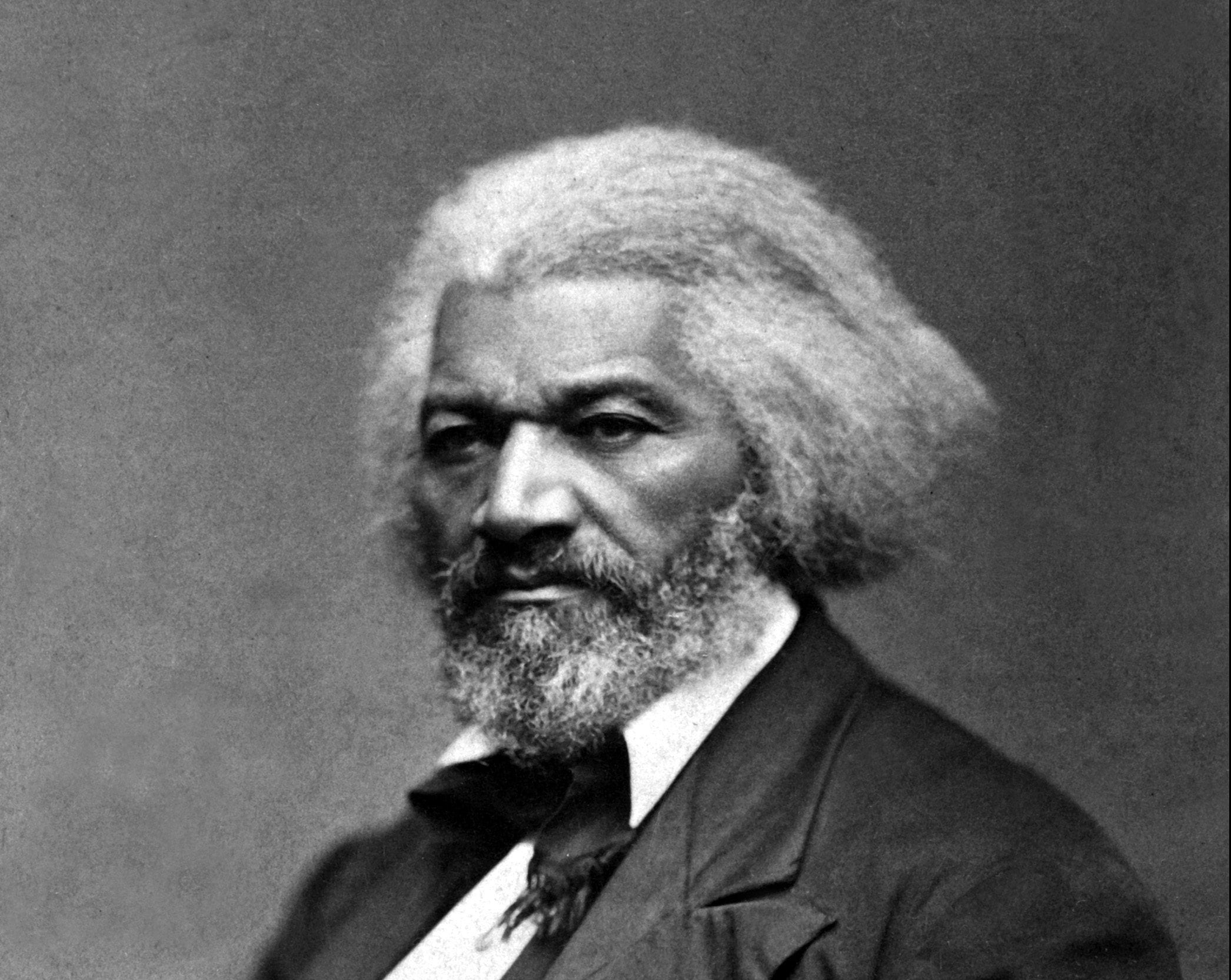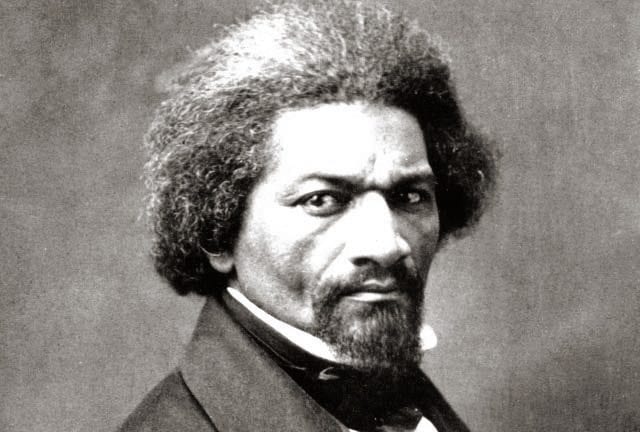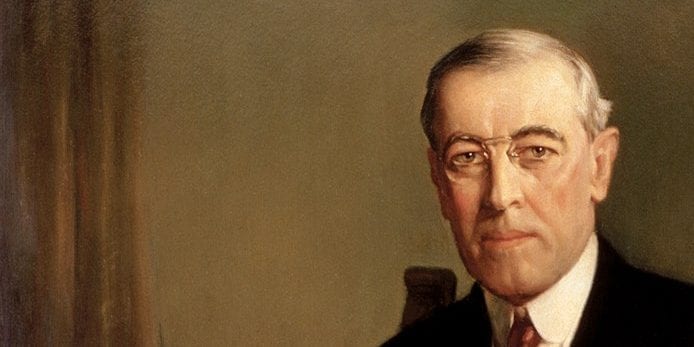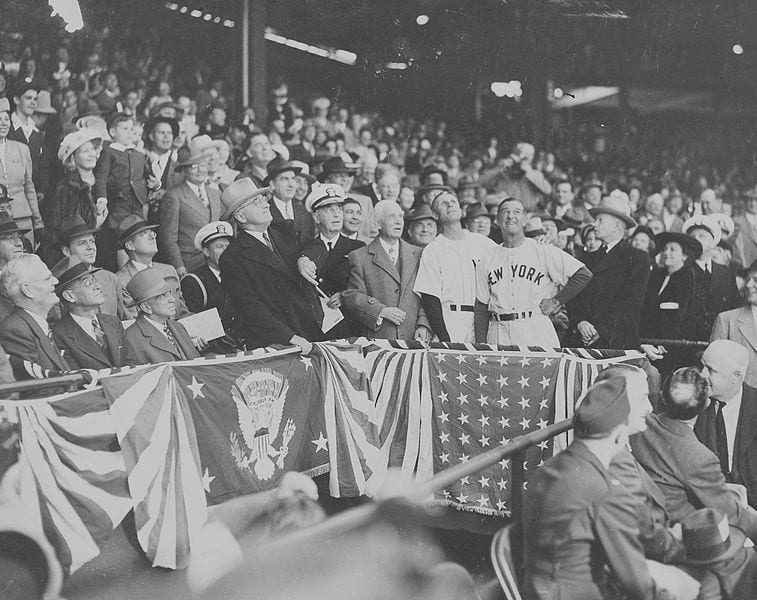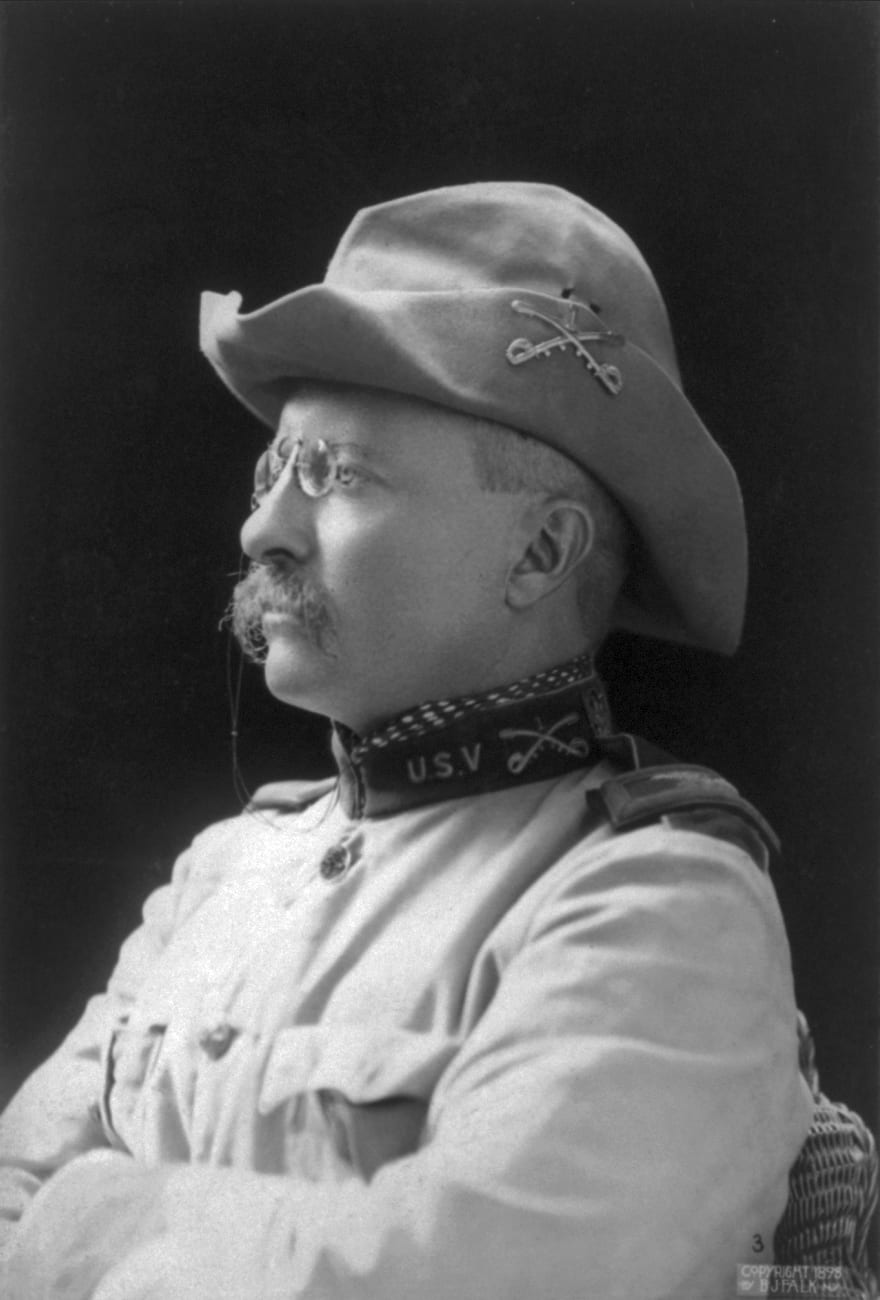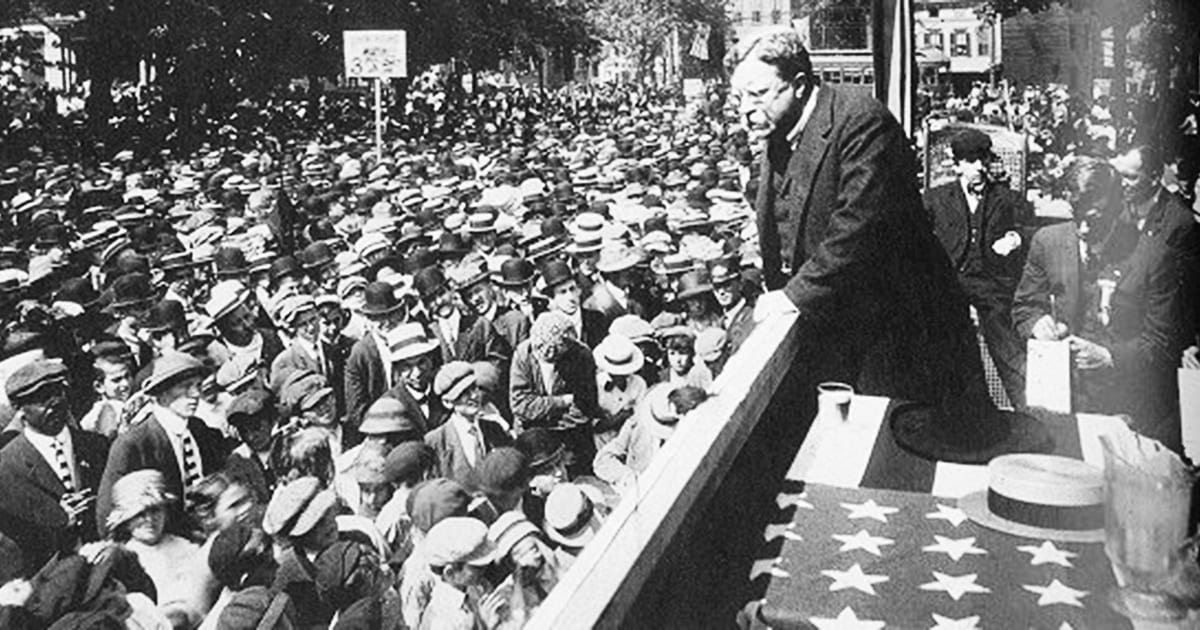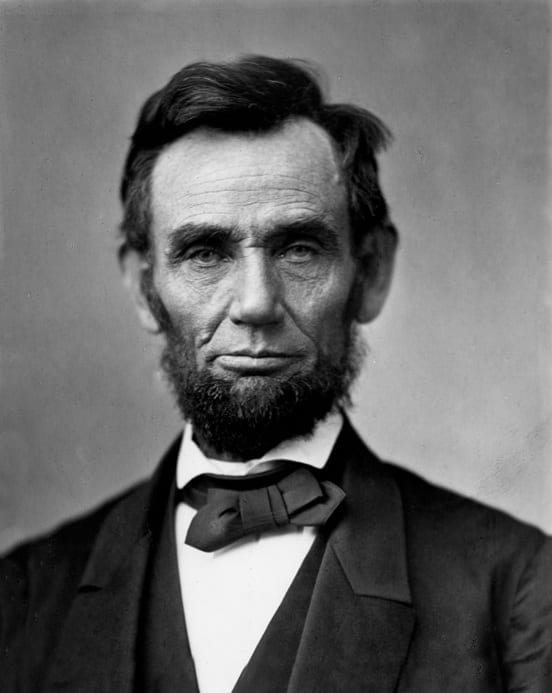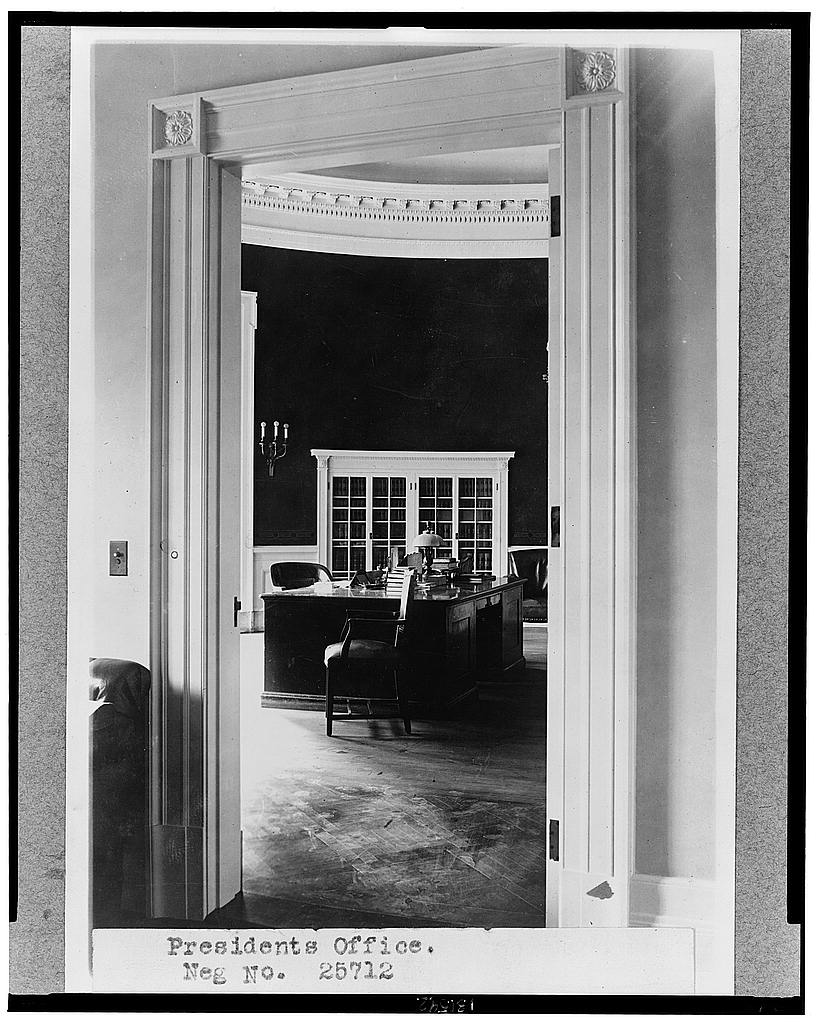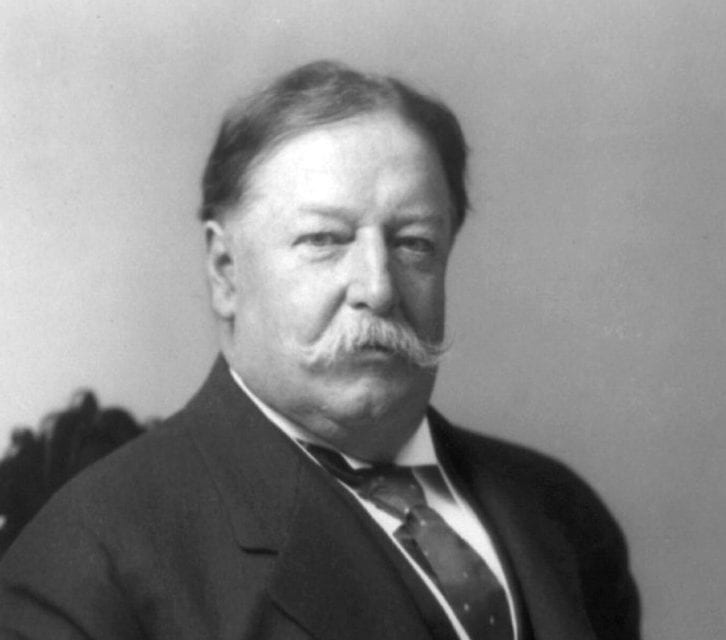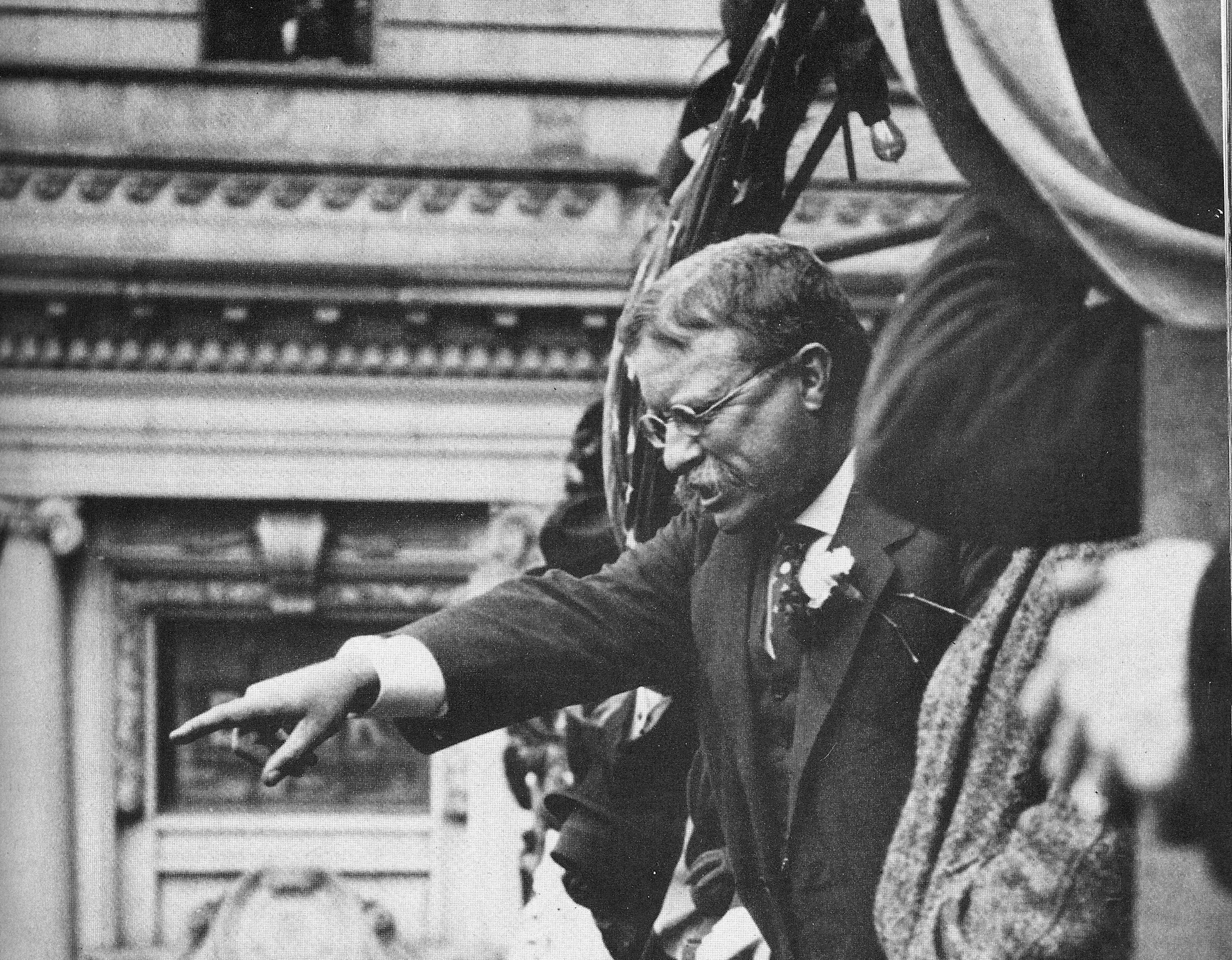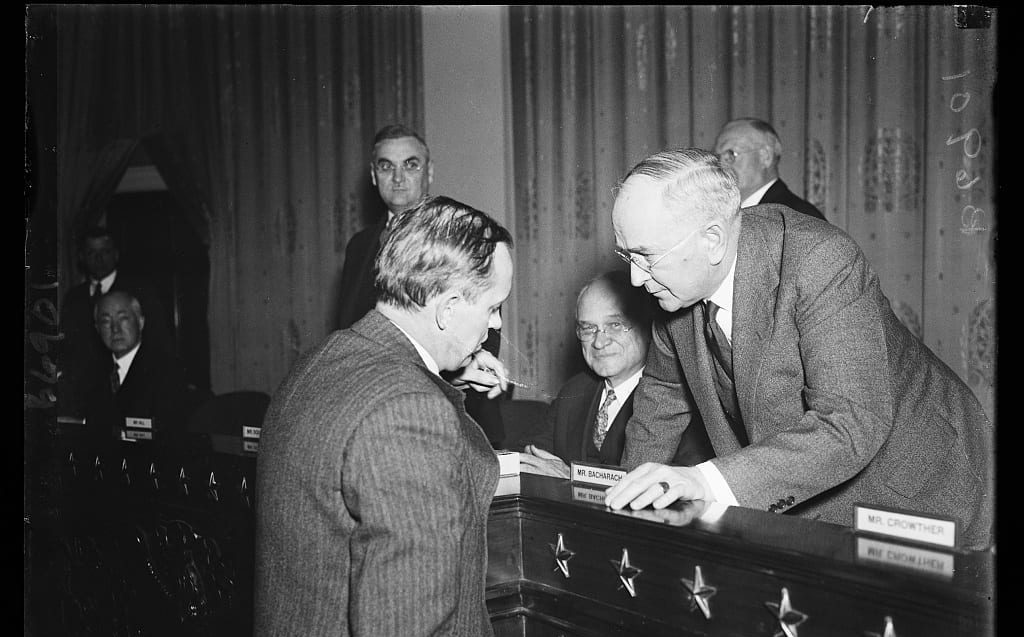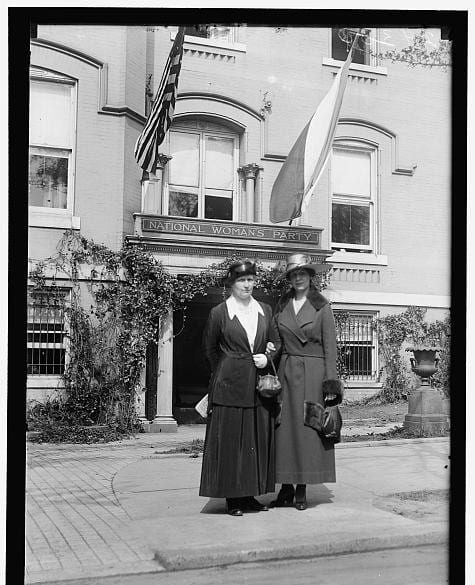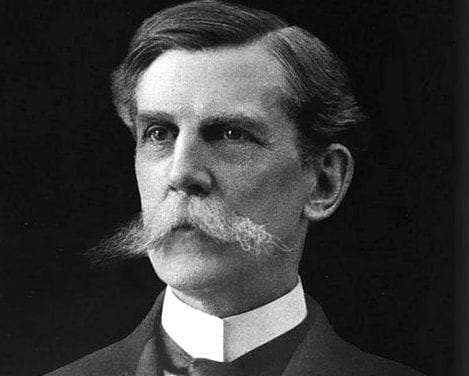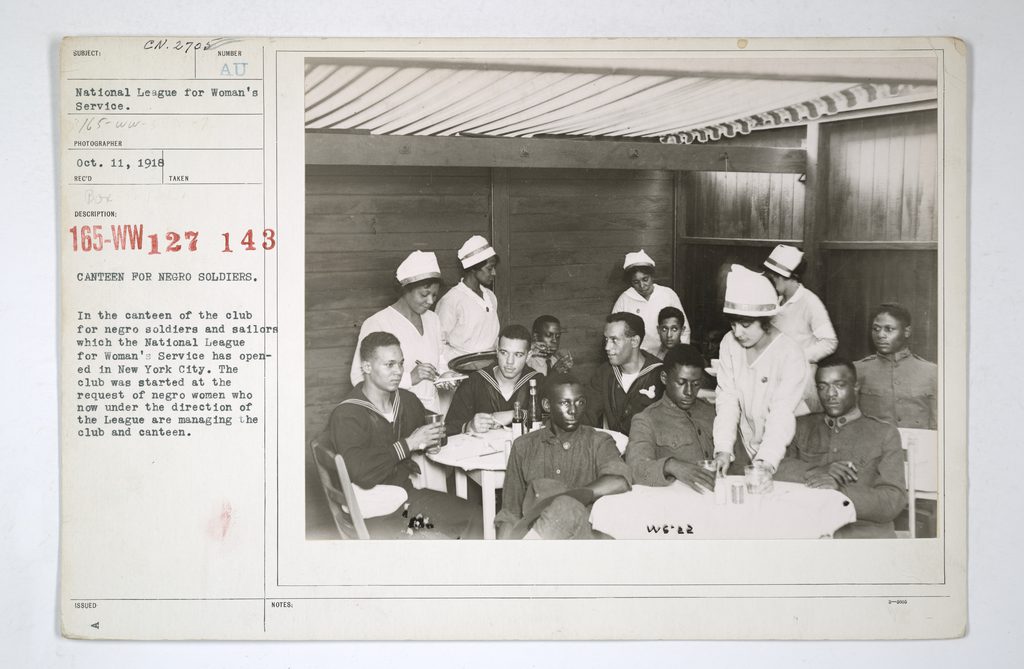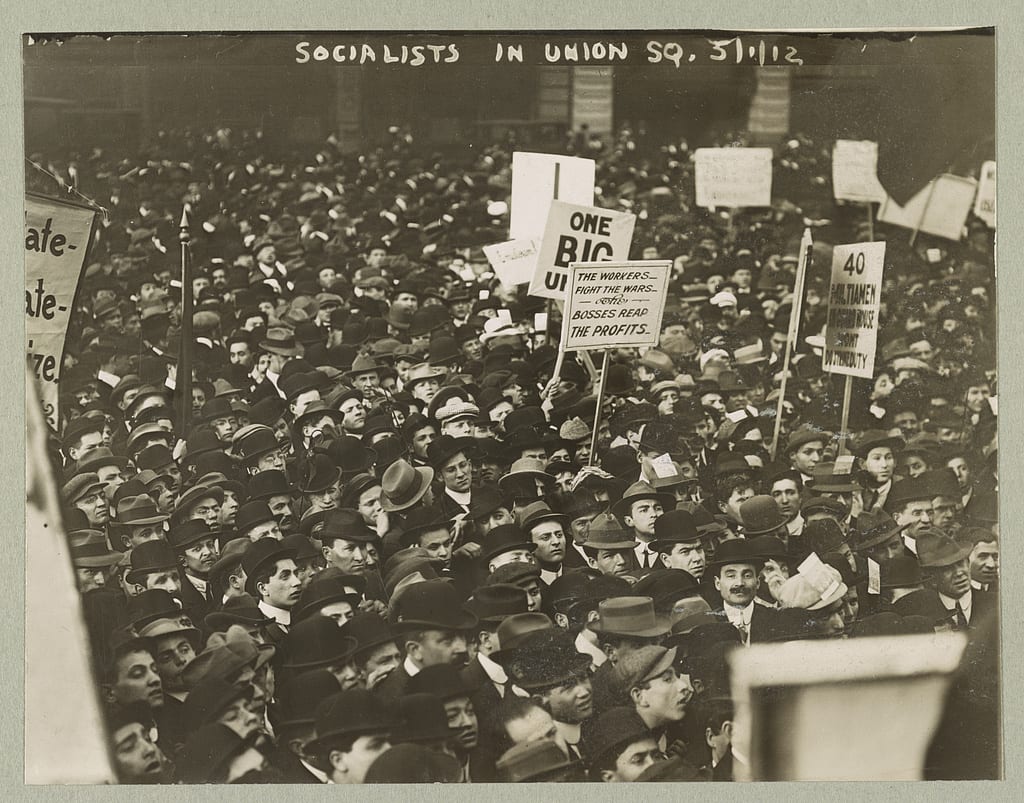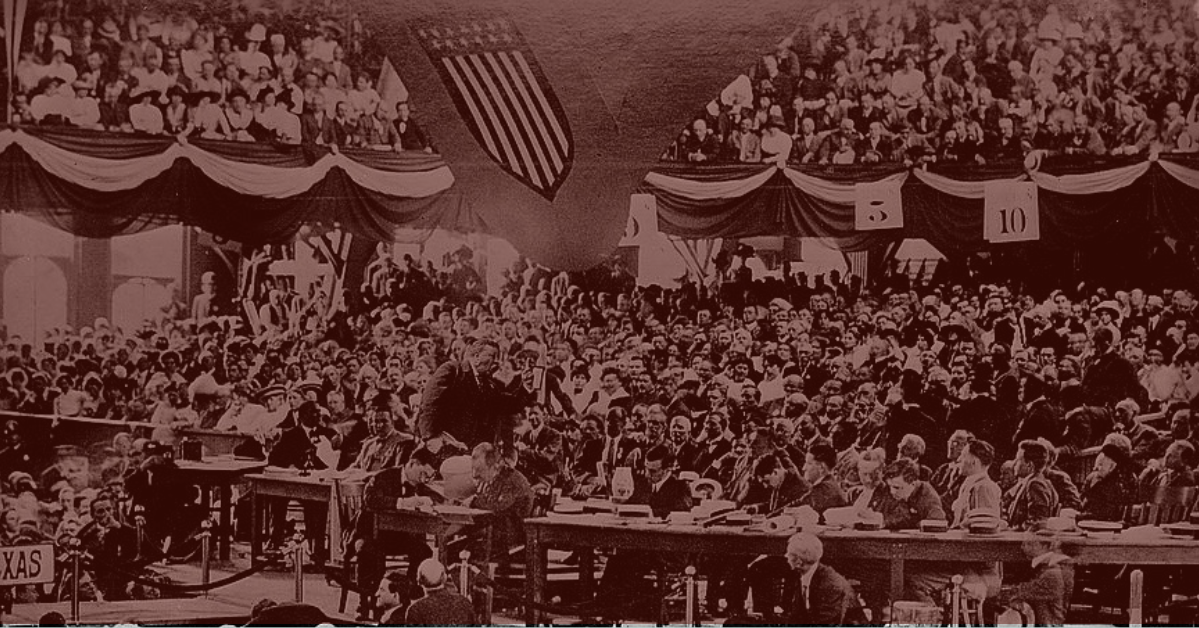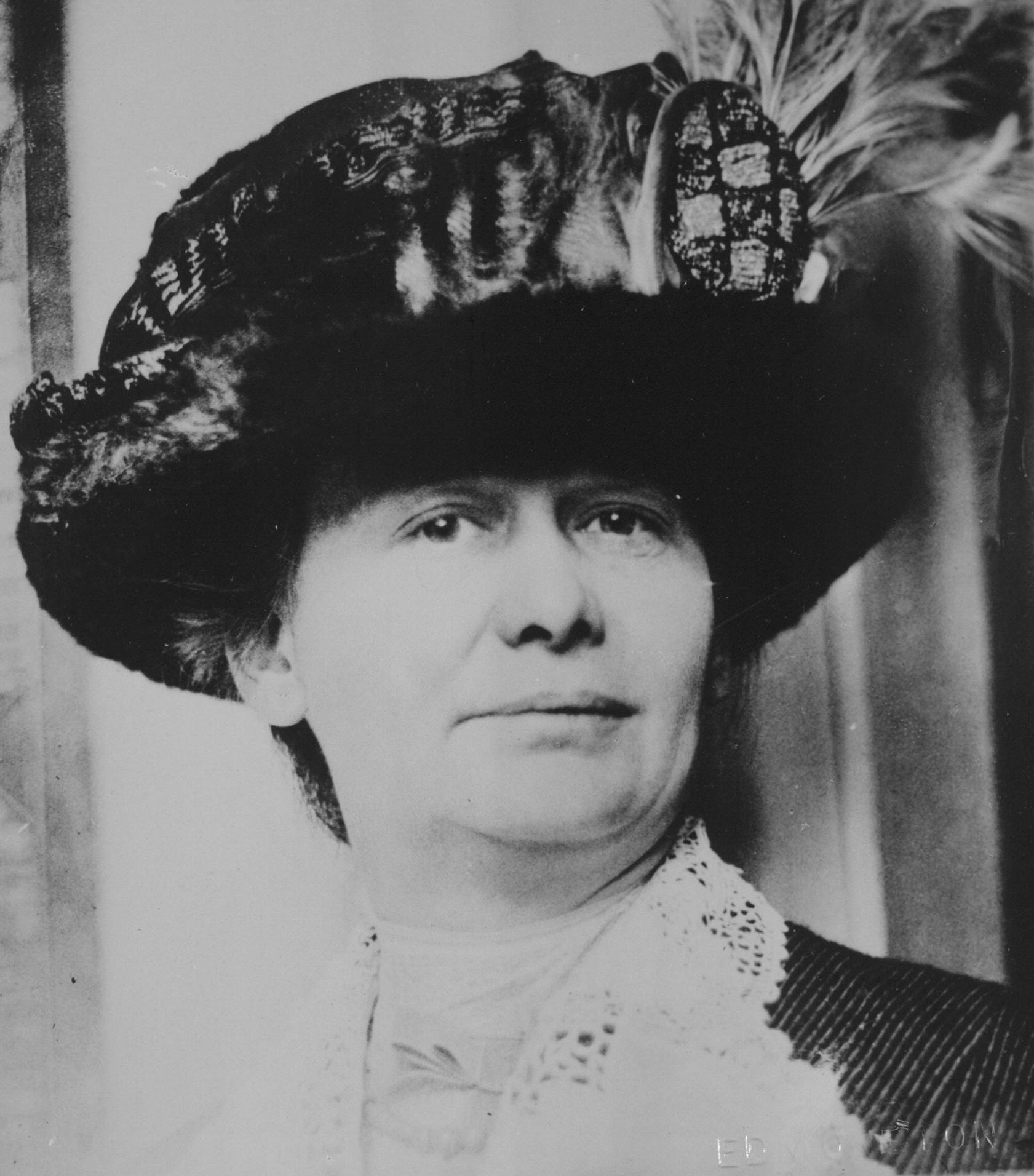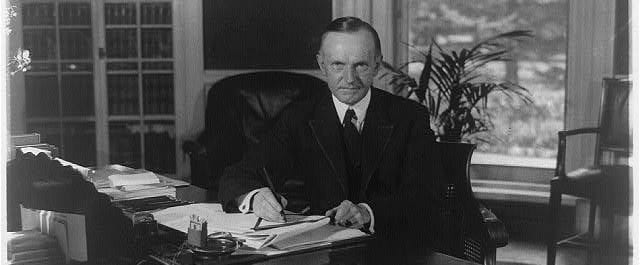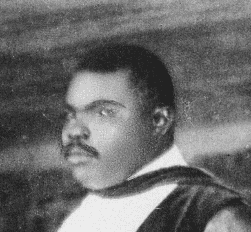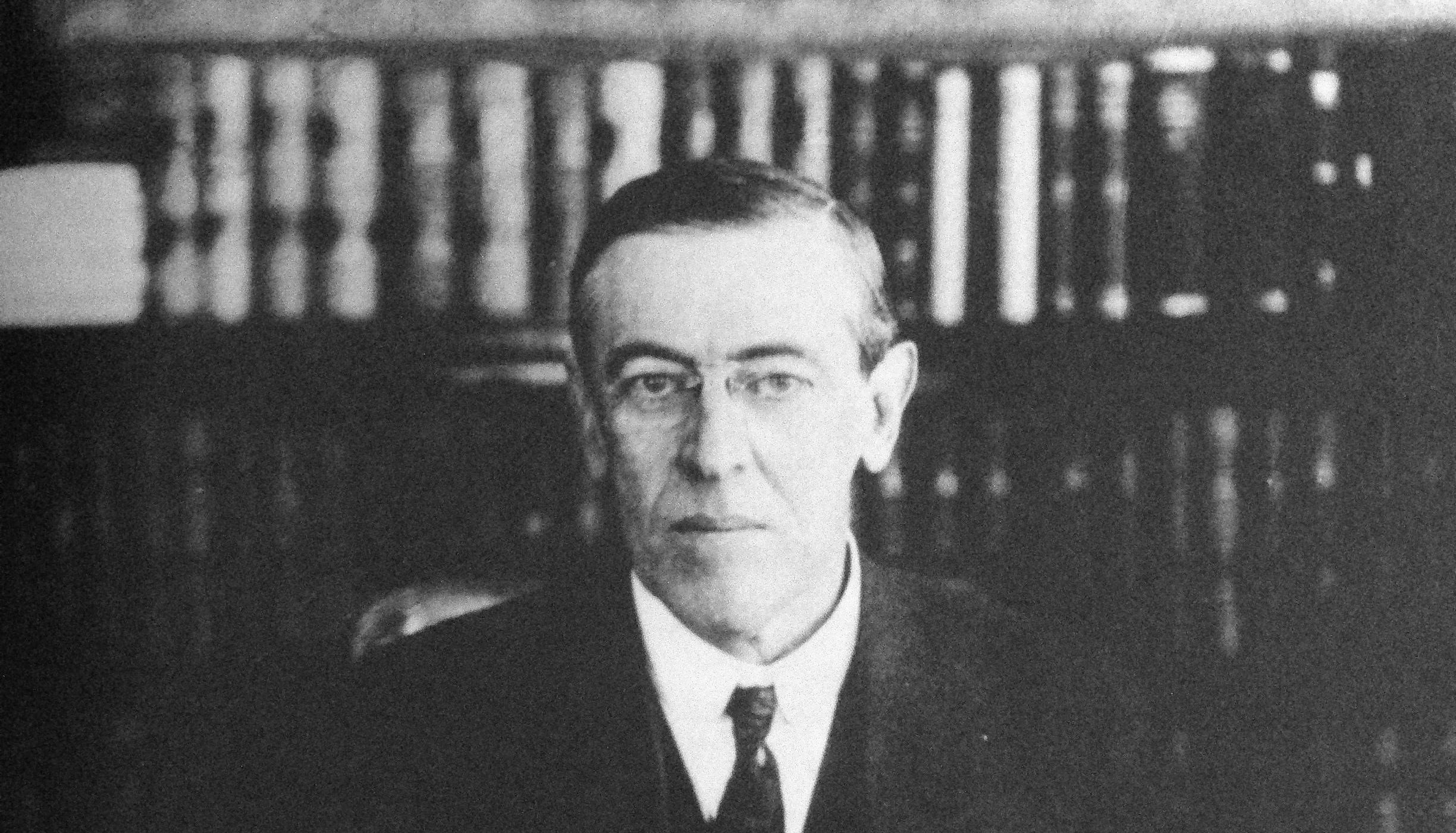
Introduction
The United States had been interested in Hawaii for most of the nineteenth century because of the islands’ location between North America and Asia. Travelling from the Atlantic coast of the United States around the tip of South America, the first American merchant ship reached China in 1784. The first American whaling ship entered the Pacific in 1791. Other merchantmen and whalers followed. By the 1840s, the Hawaiian Islands, approximately 2,400 miles from the coast of California, were a major whaling station. American missionaries had begun arriving in numbers in Hawaii in the 1820s. The admission of California as a state (1850), the purchase of Alaska (1867), and the completion of the transcontinental railroad (1869) further turned American minds to the Pacific and its commercial and geopolitical possibilities. During the Civil War, Confederate raiding ships had attacked the American whaling fleet around Hawaii, showing the vulnerability of America’s Pacific shipping, while the replacement of sugar from the South with that produced in Hawaii had highlighted the islands’ commercial potential.
A land reform implemented in the mid-nineteenth century by King Kamehameha III (1814–1854) to modernize Hawaii eventually allowed the descendants of missionaries and foreigners to own land on the islands. The increased value of Hawaii’s sugar production led many individuals and a few corporations to take advantage of this opportunity. Those involved in the sugar business pressed the American government for trade advantages, which were granted in the so-called Reciprocity Treaty (1875), which bound together the American and Hawaiian economies, made Hawaiian sugar production even more valuable, and when renewed (1887), gave the United States rights to a naval base at Pearl Harbor.
At the time the Reciprocity Treaty was renewed, its supporters also acted to change the governance of Hawaii. Dissatisfied with the way that King Kalakaua (1836–1891) was running the kingdom of Hawaii, Americans with interests in the islands compelled him to accept a new constitution that removed most of his power. After his death in 1891, King Kalakaua was succeeded by his sister, Queen Lili’uokalani (1838–1917), who with the support of native Hawaiians attempted to restore power to Hawaii’s native population. Business interests and others who favored American annexation of Hawaii, supported by the U.S. minister to Hawaii (acting without orders from Washington) and a contingent of Marines from a visiting U.S. warship, forced the queen to step down January 17, 1893. The U.S. minister, again without orders from Washington, proclaimed Hawaii a U.S. protectorate; those who had deposed the queen declared themselves a provisional government; and the minister, still acting without orders, recognized the new government on behalf of the United States.
President Benjamin Harrison (1889–1893) signed a treaty of annexation with the provisional government, but Grover Cleveland (1837–1908), who succeeded him, withdrew it from the Senate before it was ratified. Cleveland authorized an investigation of the forced abdication of Queen Lili’uokalani. The investigation concluded that the U.S. minister and those he supported had acted improperly, and Cleveland ordered the queen restored to power. The provisional government rejected the order and declared itself a republic. The United States recognized the new republic shortly afterward. American public opinion supported annexation. When another investigation presented to the U.S. Senate cast events in Hawaii in a better light, Cleveland implicitly accepted what had happened there. William McKinley (1843–1901) succeeded Cleveland in 1897, and in June of that year signed a treaty of annexation with the Republic of Hawaii. Protests in Hawaii and the United States over the circumstances of annexation led to defeat of the treaty in the Senate in February 1898. But the patriotic enthusiasm generated by the Spanish-American War (April–August 1898), which involved a major naval action in the Pacific that demonstrated the islands’ potential strategic importance, created a political opening for McKinley. Still lacking the votes for a treaty, he sought to annex Hawaii by joint resolution, which passed Congress and was signed into law on July 7, 1898.
Hawaiian natives were not passive in the face of this long train of events. They resisted politically, and at one point attempted to resist violently. Ultimately, they had to rely on a moral appeal to serve their cause. One example of such an appeal on moral grounds, the Memorial to the President, the Congress, and the People of the United States of America of October 1897, appears below. In it, the memorialists cite and quote the Declaration of Independence to support their rights. Not all Americans were deaf to such appeals, as the article from The Advocate of Peace, a publication of the American Peace Society, also reproduced below, makes clear. As the article points out, McKinley’s joint resolution was similar to the one John Tyler had used to overcome opposition to the annexation of Texas. McKinley summarized his reasoning for supporting annexation in his First Annual Message, the second item reproduced below.
Sources: “Memorial to the President, the Congress and the People of the United States of America,” City and State 4, no. 9 (December, 2, 1897): 143; William McKinley, First Annual Message, December 6, 1897, available at https://www.presidency.ucsb.edu/documents/first-annual-message-15; “The Annexation of Hawaii,” Advocate of Peace 60, no. 1 (January 1898): 8–10, available at https://archive.org/details/advocateofpeace85amerrich/page/2.
Citizens’ Committee, “Memorial to the President, the Congress, and the People of the United States of America” (October 1897)
This memorial respectfully represents as follows:
1. That your memorialists are residents of the Hawaiian Islands; that the majority of them are aboriginal Hawaiians; and that all of them possess the qualifications provided for electors of representatives in the Hawaiian Legislature by the Constitution and laws prevailing in the Hawaiian Islands at the date of the overthrow of the Hawaiian Constitutional Government January 17, 1893.
2. That the supporters of the Hawaiian Constitution of 1887 have been, thence to the present time, in the year 1897, held in subjection by the armed forces of the Provisional Government of the Hawaiian Islands, and of its successor, the Republic of Hawaii; and have never yielded, and do not acknowledge a spontaneous or willing allegiance or support to said Provisional Government, or to said Republic of Hawaii.
3. That the government of the Republic of Hawaii has no warrant for its existence in the support of the people of these islands; that it was proclaimed and instituted and has hitherto existed and now exists, without considering the rights and wishes of a great majority of the residents, native and foreign born, of the Hawaiian Islands; and especially that said government exists and maintains itself solely by force of arms, against the rights and wishes of almost the entire aboriginal population of these islands.
4. That said republic is not and never has been founded or conducted upon a basis of popular government or republican principles; that its constitution was adopted by a convention, a majority of whose members were self-appointed, and the balance of whose members were elected by a numerically insignificant minority of the white and aboriginal male citizens and residents of these islands; that a majority of the persons so voting for delegates to such constitutional convention was composed of aliens, and that a majority of said aliens so voting were of then very recent residence, without financial interests or social ties in these islands.
5. That the constitution so adopted by said convention has never been submitted to a vote of the people of these islands; but was promulgated and established over the said islands, and has ever since been maintained, only by force of arms, and with indifference to the will of practically the entire aboriginal population, and a vast majority of the whole population of these islands.
6. That the said government, so existing under the title of the Republic of Hawaii, assumes and asserts the right to extinguish the Hawaiian nationality, heretofore existing, and to cede and convey all rights of sovereignty in and over the Hawaiian Islands and their dependencies to a foreign power, namely, to the United States of America.
7. That your memorialists have learned with grief and dismay that the president of the United States has entered into, and submitted for ratification by the United States Senate; a treaty with the government of the Republic of Hawaii, whereby it is proposed to extinguish our existence as a nation, and to annex our territory to the United States.
8. That the Hawaiian people, during more than half a century prior to the events hereinabove recited, had been accustomed to participate in the constitutional forms of government, in the election of legislatures, in the administration of justice through regularly constituted magistrates, courts, and juries, and in the representative administration of public affairs, in which the principle of government by majorities has been acknowledged and firmly established.[1]
9. That your memorialists humbly but fervently protest against the consummation of this invasion of their political rights; and they earnestly appeal to the president, the Congress, and the people of the United States, to refrain from further participating in the wrong so proposed; and they invoke in support of this memorial the spirit of that immortal instrument, the Declaration of American Independence; and especially the truth therein expressed, that governments derive their just powers from the consent of the governed, and here repeat, that the consent of the people of the Hawaiian Islands to the forms of government imposed by the so-called Republic of Hawaii, and to said proposed treaty of annexation, has never been asked by and is not accorded, either to said government or to said project of annexation.
10. That the consummation of the project of annexation dealt with in said treaty would be subversive of the personal and political rights of these memorialists, and, of the Hawaiian people and nation, and would be a negation of the rights and principles proclaimed in the Declaration of American Independence, in the Constitution of the United States, and in the schemes of government of all other civilized and representative governments.
11. Wherefore your memorialists respectfully submit that they, no less than the citizens of any American commonwealth, are entitled to select, ordain and establish for themselves, such forms of government as to them shall seem most likely to effect their safety and happiness; and that questions of such moment to the Hawaiian people as are proposed to be settled by said treaty, are questions upon which said people have the right, in the forum of conscience, to be heard; and that said Hawaiian people have thus far been denied the privilege of being heard upon said questions.
12. And your memorialists humbly pray the president, Congress, and the people of the United States, that no further steps be taken toward the ratification of said treaty, or toward the extinguishment of the Hawaiian nationality, or toward the absorption of the Hawaiian people and territory into the body politic and territory of the United States of America, at least until the Hawaiian people, as represented by those citizens and residents of the Hawaiian Islands who, under the provisions of the Hawaiian constitution, promulgated July 7, 1887, would be qualified to vote for representatives in the legislature, shall have had the opportunity to express at the ballot box, their wishes as to whether such project of Annexation shall be accepted or rejected.
13. And your memorialists, for themselves, and in behalf of the Hawaiian people, and of the residents of the Hawaiian Islands, pledge the faith that if these shall be accorded the privilege of voting upon said questions, at a free and fair election to be held for that purpose; and if a fair count of the votes that shall be cast at such election shall show a majority in favor of such annexation, these memorialists and the Hawaiian people will yield a ready and cheerful acquiescence in said project.
Signatures:
1. J. Kalua Kahookano
2. Samuel K. Pua
3. F. J. Testa
4. C. B. Maile
5. Samuel K. Kamakaia, Komite o ka Lehulehu (Citizens’ Committee)
6. James Keauiluna Kaulia, Peresidena o ka Ahahui Hawaii Aloha Aina
7. David Kalauokalani, Peresidena o ka Hui Kalaiaina Hawaii
William McKinley, First Annual Message, December 6, 1897
. . . By a special message dated the 16th day of June last, I laid before the Senate a treaty signed that day by the plenipotentiaries of the United States and of the Republic of Hawaii, having for its purpose the incorporation of the Hawaiian Islands as an integral part of the United States and under its sovereignty. The Senate having removed the injunction of secrecy, although the treaty is still pending before that body, the subject may be properly referred to in this message because the necessary action of the Congress is required to determine by legislation many details of the eventual union should the fact of annexation be accomplished, as I believe it should be.
While consistently disavowing from a very early period any aggressive policy of absorption in regard to the Hawaiian group, a long series of declarations through three-quarters of a century has proclaimed the vital interest of the United States in the independent life of the islands and their intimate commercial dependence upon this country.[2] At the same time it has been repeatedly asserted that in no event could the entity of Hawaiian statehood cease by the passage of the islands under the domination or influence of another power than the United States. Under these circumstances, the logic of events required that annexation, heretofore offered but declined, should in the ripeness of time come about as the natural result of the strengthening ties that bind us to those islands, and be realized by the free will of the Hawaiian state.
That treaty was unanimously ratified without amendment by the Senate and president of the Republic of Hawaii on the 10th of September last, and only awaits the favorable action of the American Senate to effect the complete absorption of the islands into the domain of the United States. What the conditions of such a union shall be, the political relation thereof to the United States, the character of the local administration, the quality and degree of the elective franchise of the inhabitants, the extension of the federal laws to the territory or the enactment of special laws to fit the peculiar condition thereof, the regulation if need be of the labor system therein, are all matters which the treaty has wisely relegated to the Congress.
If the treaty is confirmed as every consideration of dignity and honor requires, the wisdom of Congress will see to it that, avoiding abrupt assimilation of elements perhaps hardly yet fitted to share in the highest franchises of citizenship, and having due regard to the geographical conditions, the most just provisions for self-rule in local matters with the largest political liberties as an integral part of our nation will be accorded to the Hawaiians. No less is due to a people who, after nearly five years of demonstrated capacity to fulfill the obligations of self-governing statehood, come of their free will to merge their destinies in our body politic.
The questions which have arisen between Japan and Hawaii by reason of the treatment of Japanese laborers emigrating to the islands under the Hawaiian-Japanese convention of 1888, are in a satisfactory stage of settlement by negotiation.[3] This government has not been invited to mediate, and on the other hand has sought no intervention in that matter, further than to evince its kindliest disposition toward such a speedy and direct adjustment by the two sovereign states in interest as shall comport with equity and honor. It is gratifying to learn that the apprehensions at first displayed on the part of Japan lest the cessation of Hawaii’s national life through annexation might impair privileges to which Japan honorably laid claim, have given place to confidence in the uprightness of this government, and in the sincerity of its purpose to deal with all possible ulterior questions in the broadest spirit of friendliness. . .
“The Annexation of Hawaii,” The Advocate of Peace, January 1898
Before Congress met last month it was considered certain that the treaty for the annexation of Hawaii would go through the Senate with flying colors, possibly within a week after that body reassembled. But when the Senate came together it was soon discovered that the treaty could not certainly muster in its favor a two-thirds majority of the senators. Later a canvass showed that thirty-nine senators were opposed to annexation. When Mr. Hoar presented to the Senate the petition of the native Hawaiians, signed by two-thirds of the whole number of pure natives, protesting against annexation, the effect both on the Senate and the country was such as to make it practically certain that the treaty will never come to a vote.[4]
The only way left, therefore, by which the advocates of annexation can hope to accomplish their purpose is through a joint resolution, as in the case of Texas.[5] It is considered doubtful if even in this way the project can be gotten through the Senate. There is known to be much opposition to annexation in the House. In any event, the scheme cannot now be railroaded through. Debate on it is, we think, sure to increase opposition, rather than diminish it, in both houses, and debate is certain to arise when the subject comes up. Opinion throughout the country seems not very materially to have changed, though doubt of the desirability of annexation is certainly stronger today than it has been since President Harrison presented the first annexation treaty.[6] The sentimental clamor for annexation is evidently waning. As this is probably the last opportunity we shall have of discussing the subject before it is finally disposed of, we deem it proper to rehearse the reasons to given pro and con and to restate our position.
The arguments in favor of annexation, so far as we have seen them, are these:
Hawaii has asked to be annexed to this country; we ought not to refuse to incorporate with us a people which desires to become one with us.
It is the duty of the United States to extend its free institutions to other quarters of the globe wherever possible.
The colony of Americans in Hawaii, now the rulers of the country, deserve our support in their efforts to preserve and promote American civilization, which they and their ancestors have planted there. They cannot long maintain it in present circumstances without annexation.
The Sandwich Islands[7] are of great value to us commercially, and this value would be much heightened by annexation.
We need the control of Hawaii in order to keep our commerce free and unrestricted in all quarters of the Pacific.
We need the islands for a coaling station and a center of naval defense against attacks on our Pacific coast.[8]
If we do not annex Hawaii, Japan or Great Britain or some other nation will. The present government can continue to maintain its independence.
Japan is becoming a great sea power, is in danger of controlling the Pacific, and may sometime make a descent[9] upon us. We must be forearmed against her by taking Hawaii.
The “logic” of our historical relations to Hawaii demands annexation. Very much the same as this is the “manifest destiny”[10] argument.
These arguments have been variously expanded and hammered in with all sorts of high-sounding, pious, “patriotic” and scarecrow phrases. We know of no reason that has been given in favor of annexation which cannot be reduced to one of these, unless we consider as a different argument the statement that it is the duty of America (the United States) to “expand” and “take” anywhere and everywhere “what we need (want).”
The counter contentions may be briefly stated as follows:
Only a small portion of the population of the islands, less than 4,000 out of a total of 109,000, have expressed their wish to be annexed to this government. The native Hawaiians, more than two-thirds of them in written memorial, protest against annexation. It is contrary to all the principles of our national life to force the great majority of the population into union with us without giving them a chance to declare their wish.
The present government of the islands is an oligarchy, though in republican form,[11] which came into existence in a revolutionary way with the naval aid of the United States.[12] To annex the islands in the interests of the commercial oligarchy, without consulting the rest of the population, would be adding wrong to wrong.
It is not the duty of the United States to extend its free institutions by methods which trample underfoot the very principles on which our civilization was built.
Commercially, annexation would be of advantage to the sugar planters of Hawaii, by removing all tariffs at our ports. It would be of no appreciable advantage to this country, which is naturally and always will be the chief foreign market for Hawaiian productions.
As to the freedom of our commerce in all parts of the Pacific, there will not be the least trouble if we behave ourselves and show ourselves reasonable, just and fair towards others.
There is no evidence that Great Britain or Japan or any other nation is secretly planning or intending to annex the islands if we do not.
The idea that Japan has any purpose to attack us on our western coast is pure, even ridiculous fancy.
The possession of Hawaii by some other nation would not in the least endanger us. If such were the fact, the greatness of our territory, the size of our population, the inexhaustibleness of our resources, render us practically invulnerable, certainly impregnable.
We are and shall be even more capable of dictating the independence of Hawaii than we have been in the past. Our simple word is all that is needed.
Our historic relations to these Pacific islands point logically to independence and not to annexation. As to “manifest destiny,” that is a dark word of political sorcery that may have any meaning which an aggressive “expansionist” wishes to give to it.
The mixed population of the islands, with its various un-American characteristics, is at the present time entirely unsuited to the United States citizenship. Annexation would occasion difficult and vexatious problems of government, especially since we have no system of colonial administration.
Annexation would be the inauguration of a policy which would weaken our continental security. It would require a large increase in our Navy. Hawaii would have to be fortified and strongly garrisoned. In case of war, instead of being a defense, it would be the weak point of attack. We should therefore be embarked on a system of naval extension, which would not only be overwhelmingly expensive but would inevitably lead to entangling relations with the great naval powers. It would be the gateway for the final and full introduction of the system of European militarism, of which we are in no small danger already. The whole system of American civil and religious liberty would thus be imperiled before an all-devouring militarism, against which, until recently, our nation has already stood.
Some of these arguments against annexation are of no great force, when taken alone, and can be answered with tolerable satisfaction by those who favor taking Hawaii in; yet the united force of the several different contentions, especially the two or three last given, makes the case against annexation so strong as to be practically irrefutable. We very much hope this view may prevail in Congress, in whatever form the subject may be brought forward after the holidays. We do not say that the time will never come when it may be right and expedient to make this group of islands a part of our domain. But at the present time it seems to us clear that it is neither right nor expedient, but unwise and dangerous from the standpoint both of our private national interests and our great duty to try to bring the world to a higher standard of righteous and peaceful living.
- 1. The Hawaiian monarchy became a constitutional monarchy in 1840.
- 2. The United States first recognized Hawaiian independence by treaty in 1826.
- 3. Japanese workers brought to Hawaii to work on sugar plantations had become a significant portion of the Hawaiian population. This led the government of Japan to take greater interest in the islands, and Hawaiian residents of American descent to take a greater interest in annexation.
- 4. George Frisbie Hoar (1826–1904) was a leading Republican politician and senator from Massachusetts (1877–1904). He supported the rights of Native Americans, African Americans, and women, including the right of women to vote. An opponent of imperialism, Hoar presented the Kūʻē petitions from Hawaiian natives to the Senate.
- 5. See Letter to the Editors of the National Intelligencer Opposing the Annexation of Texas
- 6. In 1893.
- 7. Another name for the Hawaiian Islands.
- 8. As noted in the introduction, the Spanish-American War heightened awareness of the military and geopolitical importance of Hawaii and increased support for annexation.
- 9. An attack or invasion.
- 10. A term used to indicate the belief that it was both inevitable and desirable that American power expand. Invention of the term is sometimes credited to journalist John O’Sullivan (Annexation).
- 11. By oligarchy, the author means that the island was actually governed by a small group of wealthy men, even though its constitution was formally republican—that is, based on popular rule.
- 12. The Marines who went ashore during the effort to remove Queen Lili’uokalani from power
The March of the Flag Campaign Speech
September 16, 1898
Conversation-based seminars for collegial PD, one-day and multi-day seminars, graduate credit seminars (MA degree), online and in-person.



